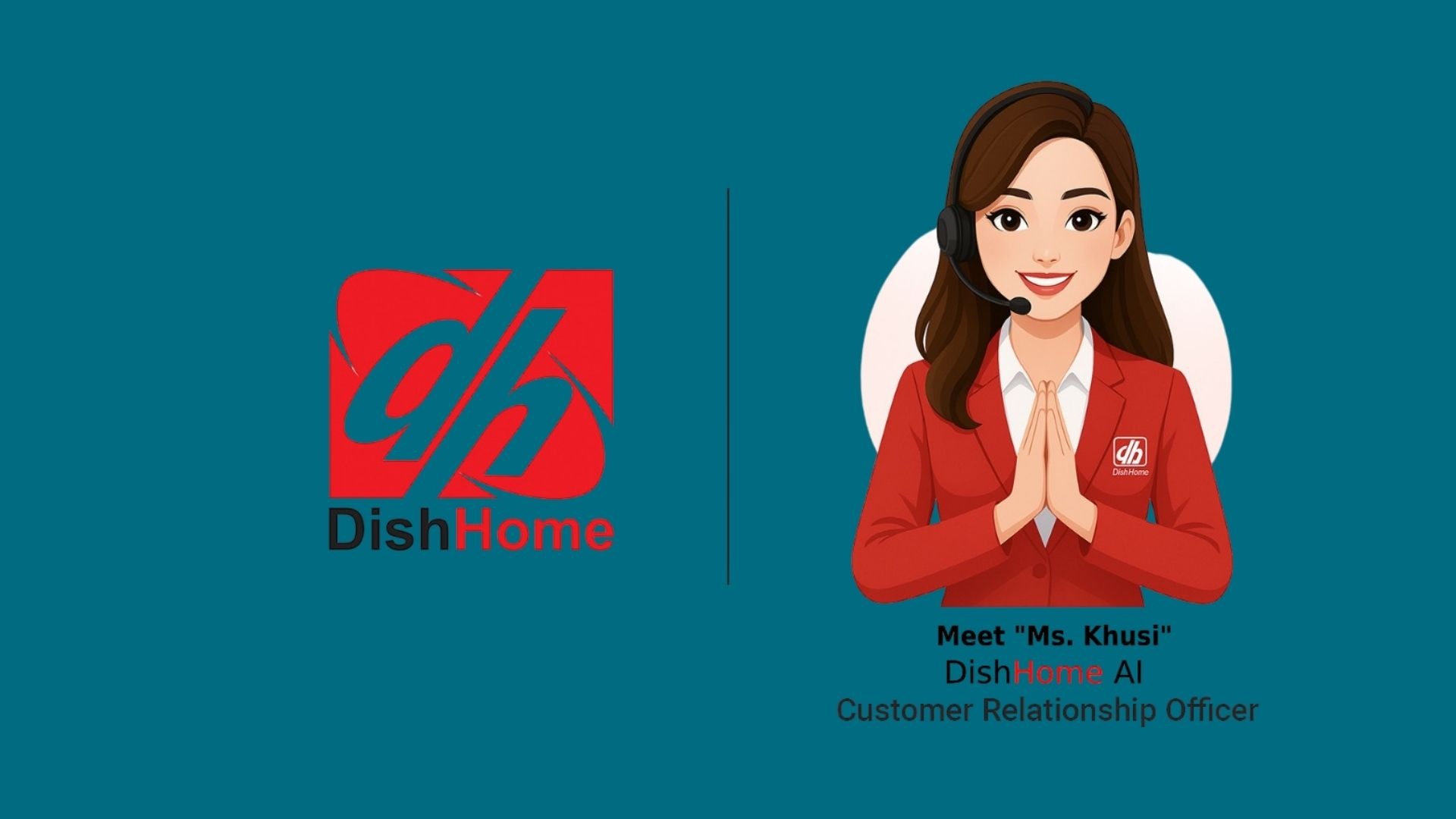When you have insufficient cash reserves, just understand that you are in a cash flow problem. Businesses like any family or individuals must brace themselves for unexpected expenses.
During your business activities, you may come across hefty tax bills, rising supply prices due to rising prices in the economy, or urgent repairs at your offices, all of which can create significant financial strain.
Inadequate Budgeting: Failing to create a detailed budget can lead to overspending and poor financial planning, leaving you unprepared for expenses.
A budget serves as a roadmap for spending and should be flexible; regularly reviewing and adjusting it in response to business growth and changing market conditions is key.
Delayed Customer Payments: Late payments from customers can disrupt cash flow, making it difficult to cover immediate operational costs.
To mitigate this issue, send invoices promptly, offer various payment methods, and clearly communicate payment terms. Additionally, requesting deposits or full payment upfront, along with implementing late fees, can encourage timely transactions.
Unexpected or Rapid Growth: While growth is positive, it can strain resources if not managed well, leading to increased expenses for staffing, equipment, and facilities.
Increased demand often requires more personnel upgraded equipment, or larger facilities, leading to higher expenses. Prepare for expansion by anticipating these costs and exploring financing options, such as small business loans or credit cards, to help cover the additional expenses.
Poor Forecasting: Inaccurate financial forecasts due to data errors or market uncertainties can result in cash shortages when expectations don’t match reality. Improve reliability by consolidating and cross-checking data from various sources.
Extended Payment Terms: Offering long payment terms to clients can tie up cash/liquidity, delaying the inflow needed to manage day-to-day expenses, especially for small businesses with limited resources. Delayed cash inflows can tie up liquidity in accounts receivable.
It’s important to define an optimal cash conversion cycle and establish payment terms that promote healthy cash flow.
Inefficient Bookkeeping: Poor bookkeeping practices can lead to missed transactions and unrecorded expenses, complicating cash flow management.
Investing in reliable accounting software can enhance transaction tracking and ensure accurate financial records.
Low-Profit Margins: Many start-ups and small businesses face challenges with low profits during their initial stages, which can lead to cash flow issues.
Balancing competitive pricing to attract customers while maintaining healthy profit margins is critical. Careful management of both expenditures and revenue streams is essential to avoid negative cash flow from investments.
Unexpected Expenses: Unforeseen costs, such as equipment repairs or sudden market changes, can create financial strain if not adequately planned for.














